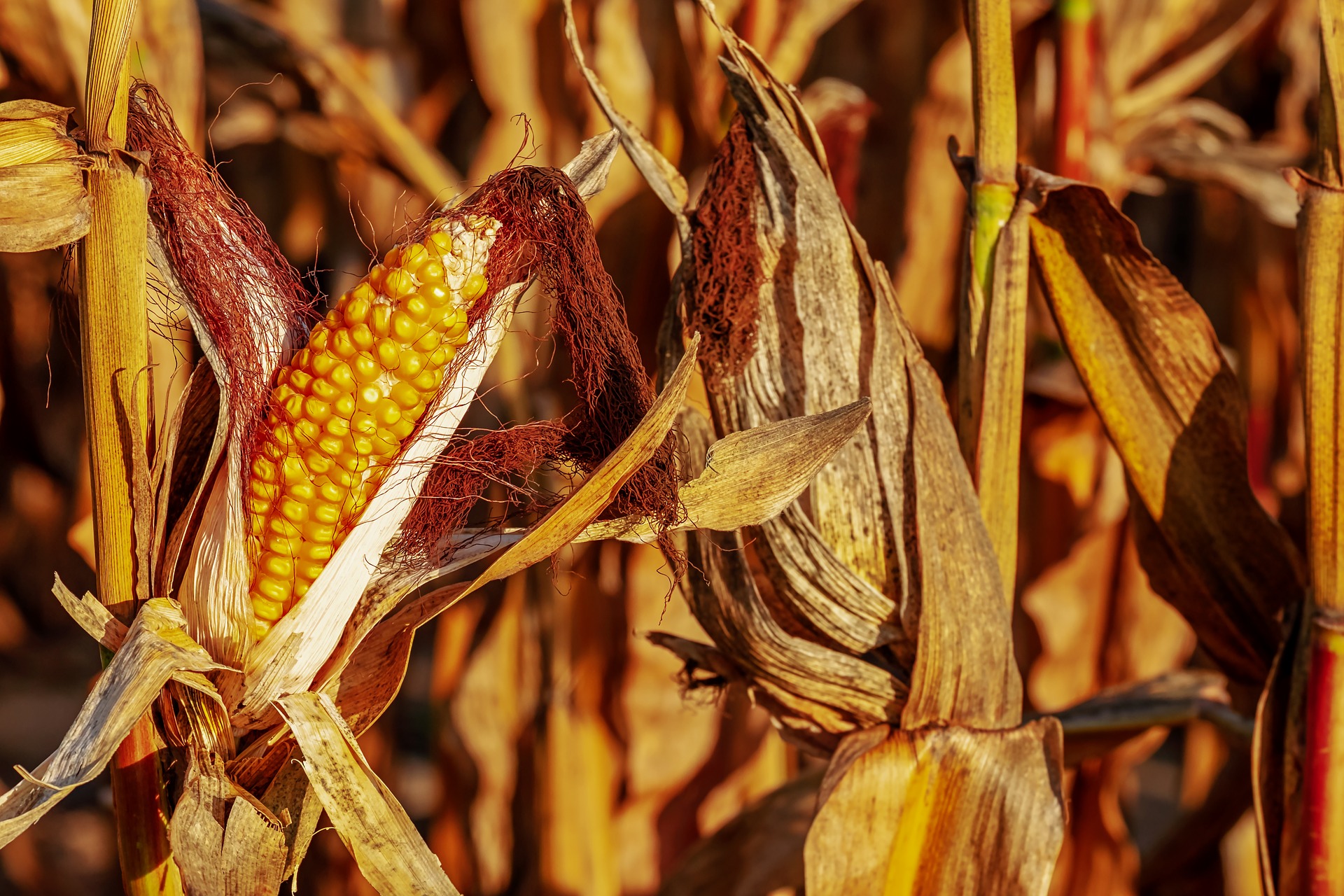According to a newly released study by the World Bank, Cherkasy, Kherson, Kirovohrad, Poltava and Vinnytsia oblasts will be subject to the greatest negative impacts from climate change in agricultural production by 2030.
Kharkiv, Kirovohrad, Luhansk, Lviv and Zhytomyr oblasts will experience the highest increase in poverty and inequality as a result of lower agriculture production.
The study was initiated by the Ministry of Ecology and Natural Resources of Ukraine. It was conducted to better understand the effects of climate change on Ukraine's agriculture and forests by analyzing the effects that changing temperatures and precipitation will have on the environment. The study used two scenarios to predict future implications:
- No emission mitigation measures are implemented and tempratures increase 4.3 degrees Celcius by 2100.
- Mitigation measures are applied to minimize the effect of global warming and tempratures increase 2.4 degrees Celcius by 2100.
The rising temperatures will lead to an increase in extreme weather events such as heatwaves, thunderstorms, flooding, and droughts. Summers will become increasingly dry, while winter months will see an increase in precipitation and a reduced number of frost nights.
These changes will force shifts in sowing seasons, crops will need to be sowed earlier in the spring and later in the winter. Harvesting will have to take place before late summer to avoid the peak of the hot and dry season.
Yields of barley, maize, and sunflower could fall 10-30% by 2030 compared to 2010. However, winter wheat yields could increase by 20-40% in the northern and north-western Ukraine due to an increase in precipitation and a decrease of frosty nights.
The country's forests, which currently cover 16% of its territory, will face an increased threat from wildfires and will become unsuitable for most common species such as spruce, beech, pine, and oak.
It is possible that by 2100 only 3% of Ukraine will be habitable for spruce, beech, and pine trees, and only 8% will remain suitable for oak. Only northern and western oblasts will be able to sustain these species, the rest of the regions will be too hot.
The study provided recommendations on how Ukraine can mitigate negative effects and capitalize on the changes brought forth by global warming. Three main suggestions are:
- to incorporate climate policy across all government ministries and integrate climate change considerations in future development planning;
- to increase climate change research via funding of crucial education institutions;
- to encourage industries to transition towards climate-smart agriculture and forestry through subsidy and incentive programs.
The study uses modern climate models and is a detailed assessment with a climate forecast for more than 7,400 geographical points across Ukraine. The data has been provided to Ukraine's Hydrometeorological Institute, making it accessible to Ukrainian scientists for further study.













